10 Common Rules Foreigners Unknowingly Break in Japan (And How to Avoid Them)

Navigating the intricate tapestry of cultural customs in Japan can be a dance of respect and etiquette unfamiliar to the uninitiated traveler. The charm of Japan lies not only in its alluring landscapes and history but also in its deep-rooted societal norms that govern the conduct of daily life.
For foreigners, these norms present a labyrinth of unspoken rules that, when breached – even unknowingly – can lead to a ripple of discomfort or disapproval from the local populace. Understanding and adhering to these customs is imperative, not just to avoid social faux pas, but to honor the cultural fabric of this vibrant nation.
Let’s explore some common oversights that foreigners may stumble upon and how to gracefully sidestep these potential cultural pitfalls.
1. Not Saying Thank You When Receiving
In Japan, expressing thanks is not just good manners; it's an essential part of daily interactions. When receiving any kind of service or gift, it is customary to show gratitude. Not only does this acknowledge the other person's effort, but it also reflects respect and appreciation. Foreign visitors often overlook this detail, especially in casual settings like receiving change in a store or being handed a ticket at a museum.
To avoid this cultural mishap, always remember to say "arigatou gozaimasu" (thank you very much) with a slight bow, which enhances the sincerity of your gratitude.
2. Talking Loudly in Public Places
Public tranquility is highly valued in Japan. Talking loudly on phones or among groups in places like trains, buses, or even restaurants is considered disruptive. This cultural norm can be quite different from many Western countries, where speaking at a higher volume in public may not draw any attention.
Visitors should observe their surroundings and keep their conversation tones low to blend in seamlessly and respect the local culture. It helps to notice how quietly the Japanese conduct their conversations in public and mimic this behavior.
3. Blowing Your Nose in Public
Blowing your nose in public, especially in enclosed spaces like public transport, is a significant faux pas in Japan. It is viewed as both rude and unhygienic. Instead, sniffling until one can find a private space such as a restroom is the norm.
Carrying a small pack of tissues is advisable so that you can discreetly manage your needs without offending those around you.
4. Not Removing Shoes Before Entering a Home
The practice of removing shoes before entering someone's home is deeply rooted in the tradition of keeping the indoors clean. This rule also applies to many traditional accommodations like ryokans, certain temples, and historical buildings.
Foreigners often forget this rule, leading to awkward moments. Always look for a genkan (entry area) where shoes are clearly placed or shoe racks are available, and follow suit. It is also polite to wear the slippers provided, though remember to remove them before stepping onto tatami floors!
5. Eating or Drinking While Walking
In Japan, eating or drinking while walking is considered impolite—it portrays a lack of appreciation for your food. Most Japanese take time to stop and enjoy their meals, even if it's just a quick snack from a convenience store.
When in Japan, try to follow this practice by finding a spot to sit down and savor your meal. This not only respects the local customs but also gives you a moment to relax and enjoy the environment around you.
6. Pointing with Your Finger
Pointing directly at people or objects with a finger is considered rude in many Asian cultures, including Japan. It's more polite to use your whole hand or merely a nod in the direction you're referencing.
This gesture is subtler and seen as more respectful, keeping in line with the overall etiquette of minimizing assertive or aggressive behaviors.
7. Pouring Soy Sauce Directly on Rice
Japanese cuisine respects the flavor of each dish, and pouring soy sauce directly over rice can be seen as spoiling the natural taste. Instead, pour a little soy sauce into a separate small dish and use it to dip pieces of food lightly.
This technique ensures that you are tasting the food as intended by the chef, respecting both the culinary art and the ingredients' inherent flavors.
8. Not Bowing When Greeting Someone
Bowing is a significant aspect of greeting in Japan, symbolizing respect and humility. The depth and duration of a bow can vary depending on the situation and the relationship between the people.
As a foreigner, you are not expected to master all nuances of bowing, but attempting a small, respectful bow when meeting or thanking someone can go a long way in showing your respect for Japanese customs.
9. Using Your Chopsticks Incorrectly
Chopsticks come with their own set of rules in Japan. Some major faux pas include sticking them vertically into rice, passing food directly from your chopsticks to someone else's, and using them to point at something.
Learning these basic rules can significantly smooth your dining experience and reflect your respect for Japanese dining etiquette.
10. Littering in Public Places
Japan is renowned for its cleanliness, and littering is heavily frowned upon. Public trash bins can sometimes be hard to find, so it is a good practice to carry a small bag for your trash until you can dispose of it properly.
This respect for public spaces is integral to Japanese culture, and by following this practice, foreigners can contribute to the preservation of Japan's beauty.
Conclusion
The above guidelines offer just a glimpse into the elaborate tapestry of Japanese norms, a dance of propriety that shapes the social order of this island nation. For the foreigner treading the delicate boundaries of cultural immersion, awareness and respect for these practices serve as the golden keys to unlocking a rewarding and harmonious experience.
In a society where collective harmony trumps the individual's footprint, each of these courtesies becomes a thread in the weave of communal fabric. From the silent bows that replace loud greetings to the careful handling of chopsticks at a shared meal, adhering to these rules is less about avoiding missteps and more about showing reverence for a culture that stands steadfast in its conventions amid a rapidly modernizing world.
As visitors, embracing these nuances can transform our journey into a portrait of cultural sensitivity and adaptability, painting us not as outsiders, but as thoughtful guests keen to value and preserve the intricate mosaic of Japanese life. With each mindful action, we not only exhibit our respect for our host country but also enrich our own travel experiences, returning home with a deeper understanding of the subtle art of Japanese etiquette.












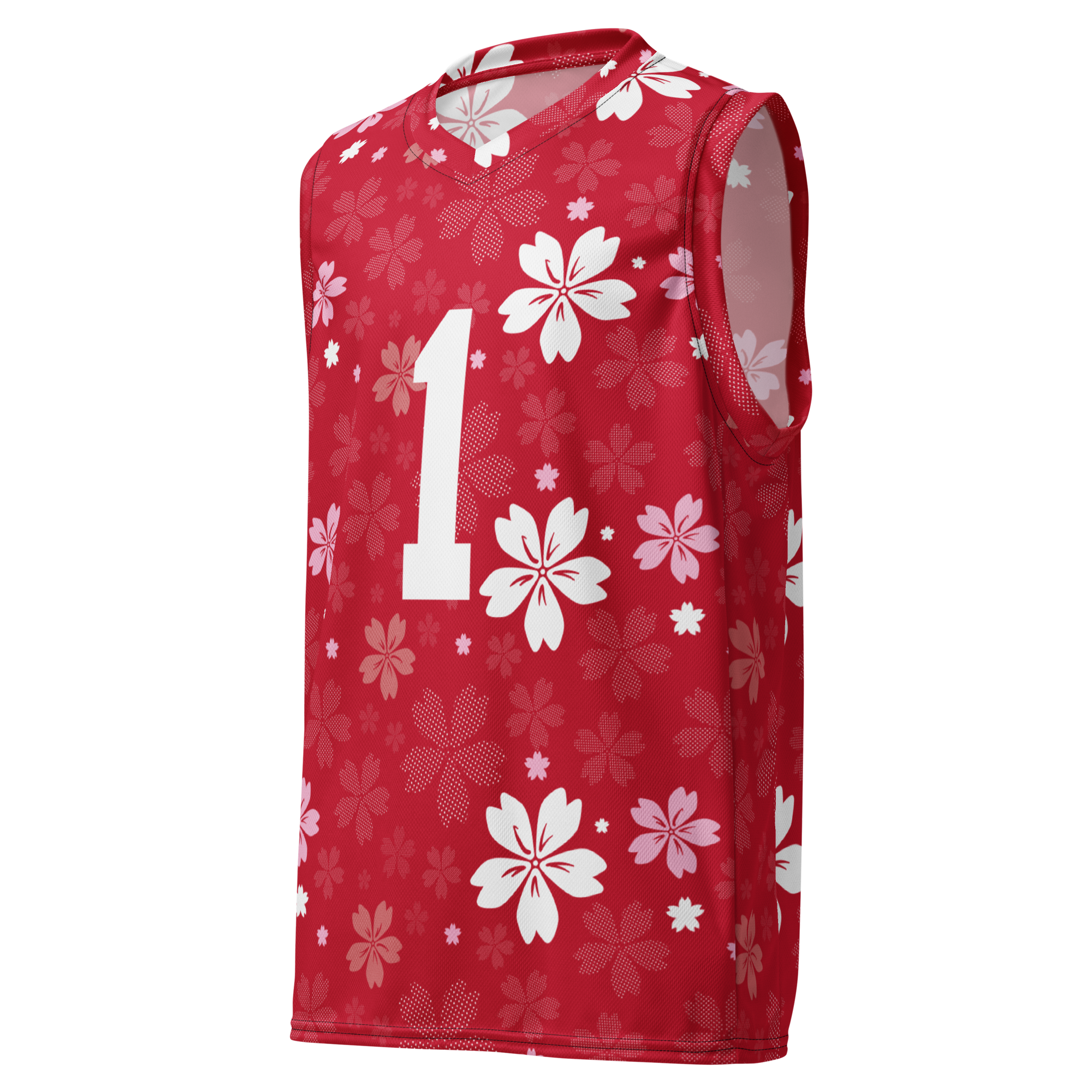
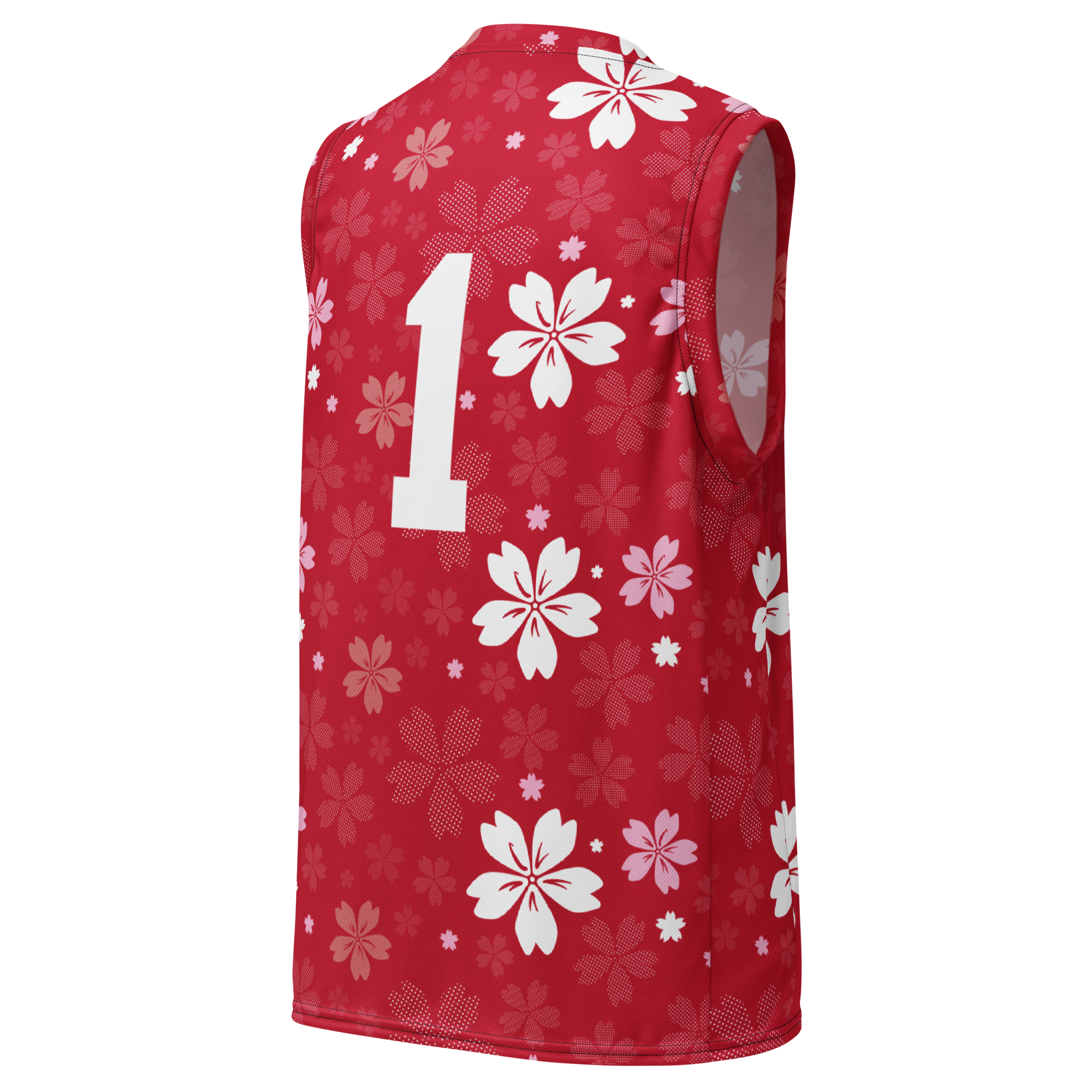








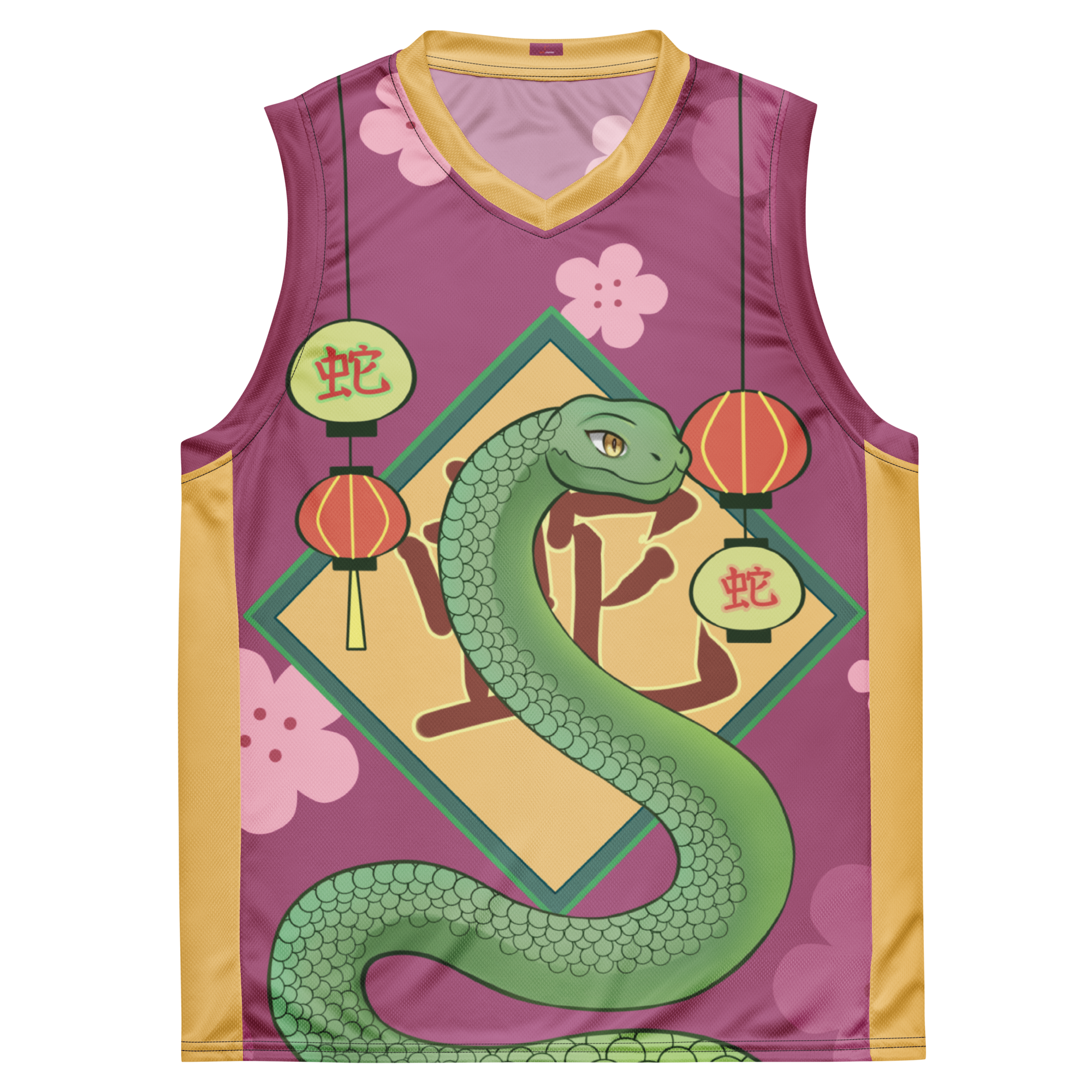
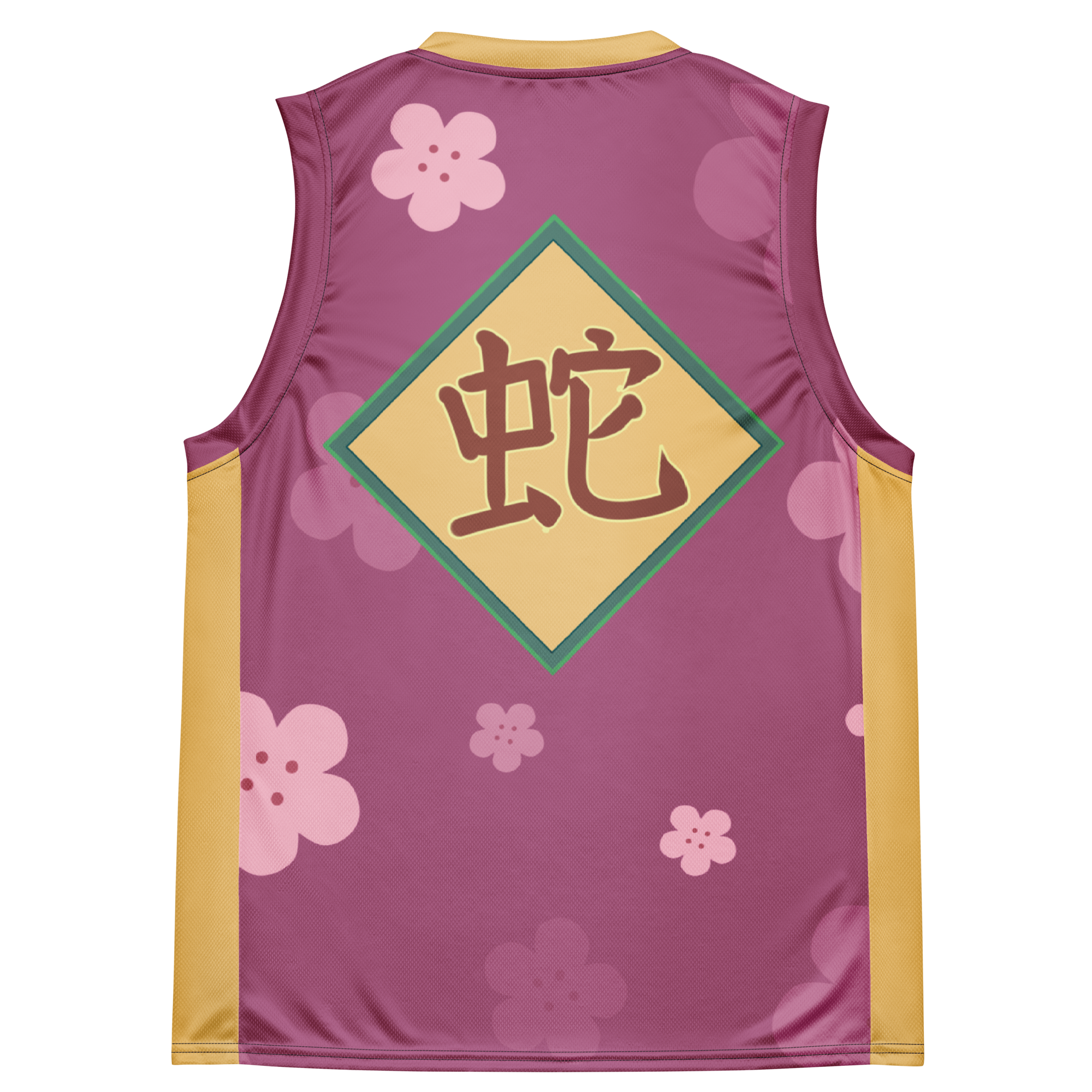
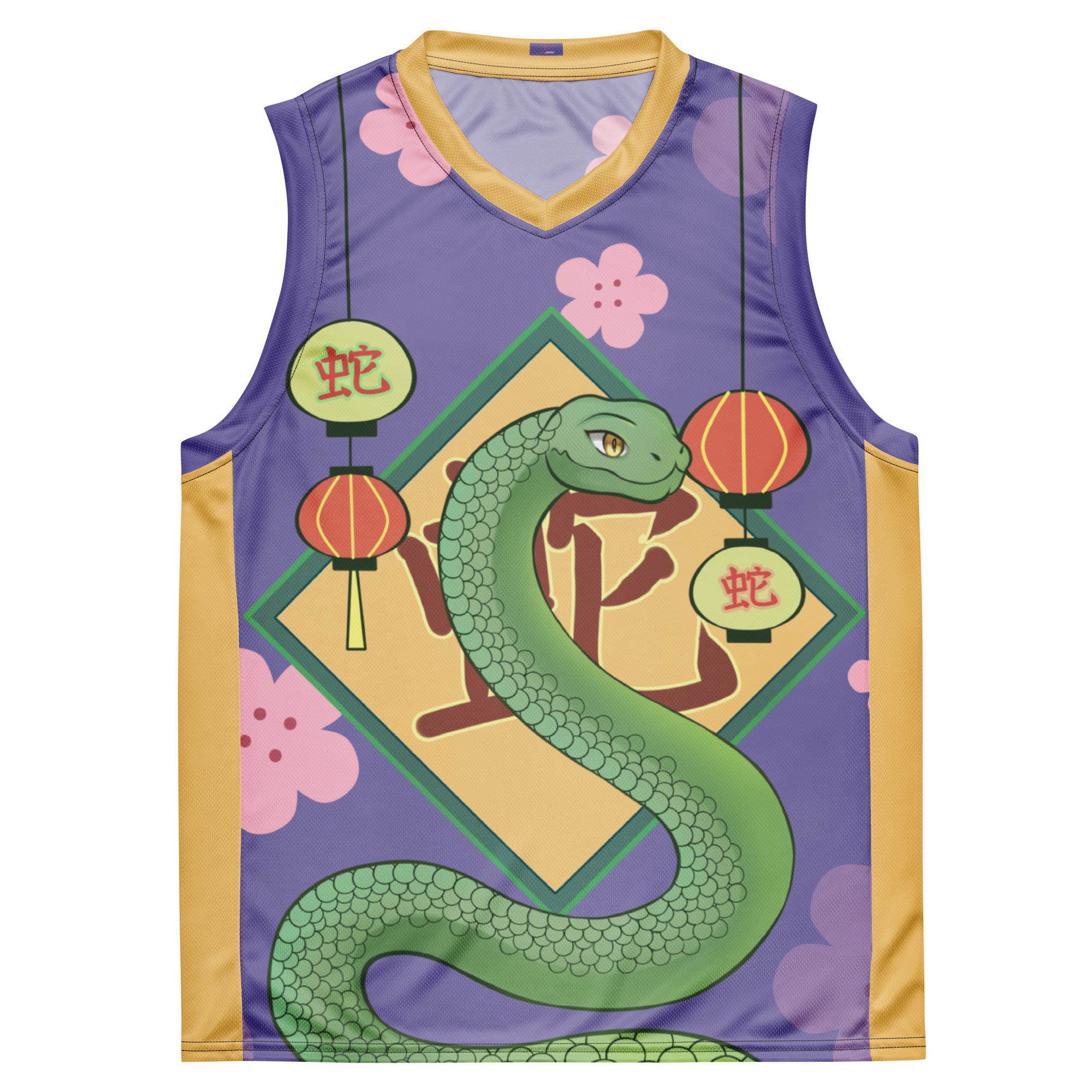
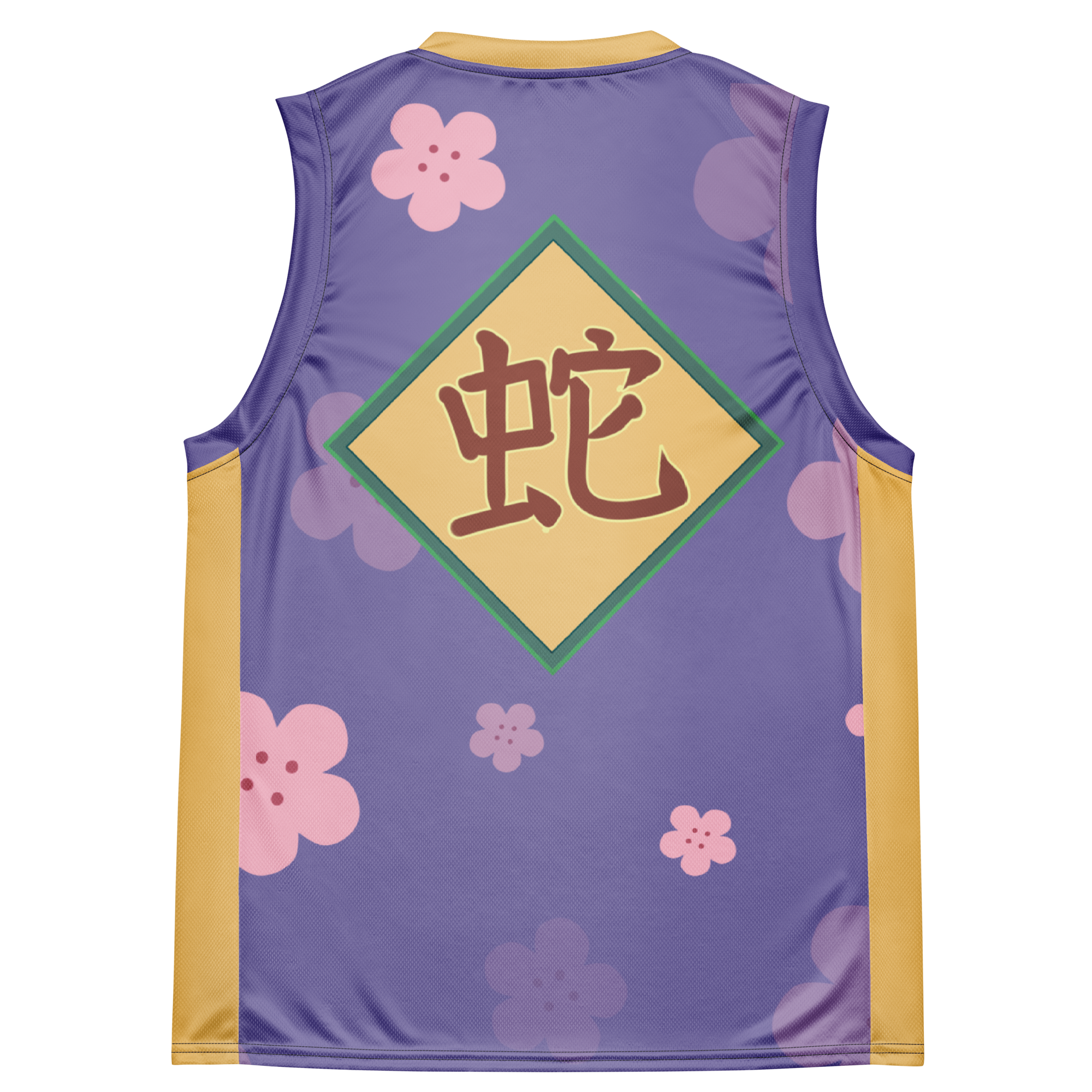

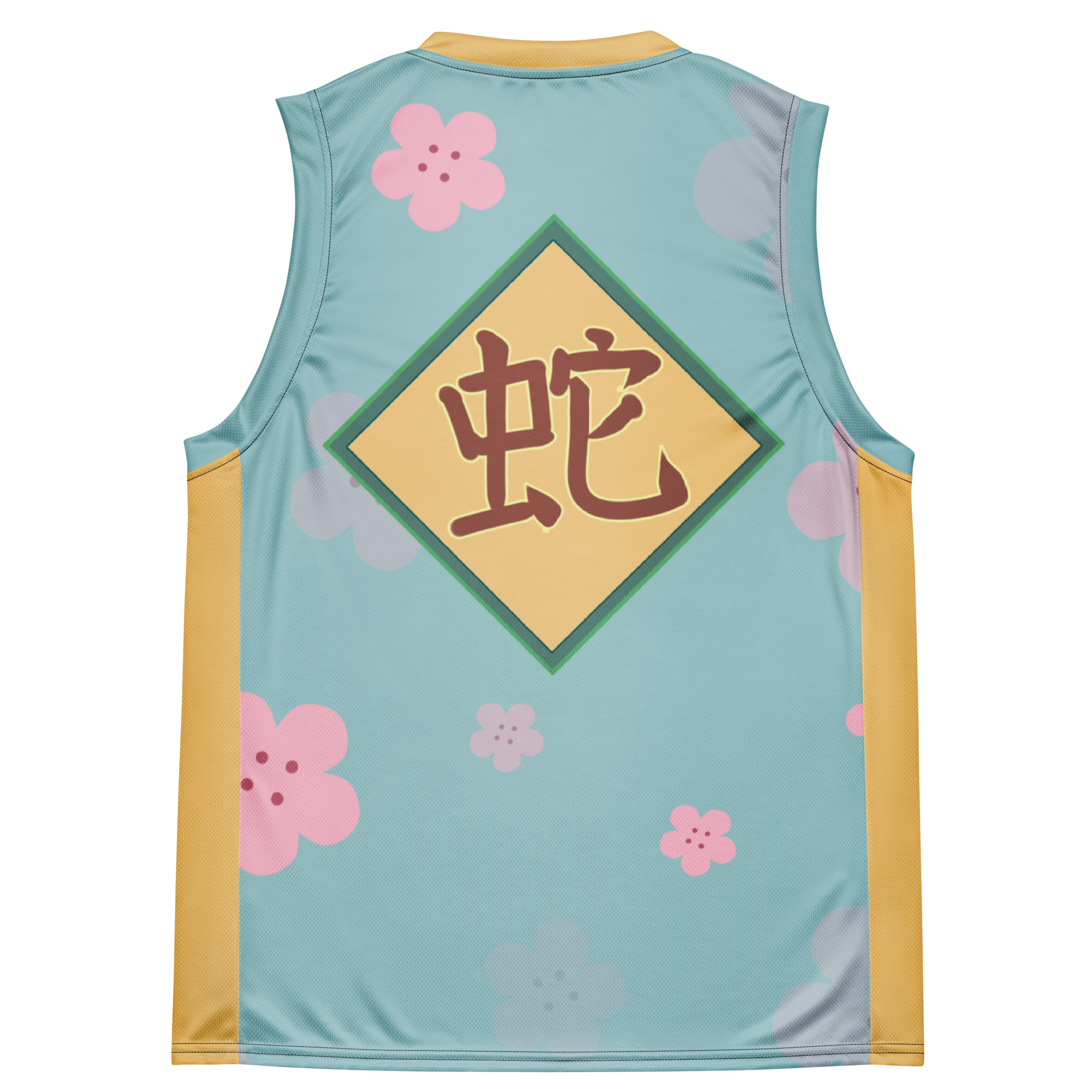













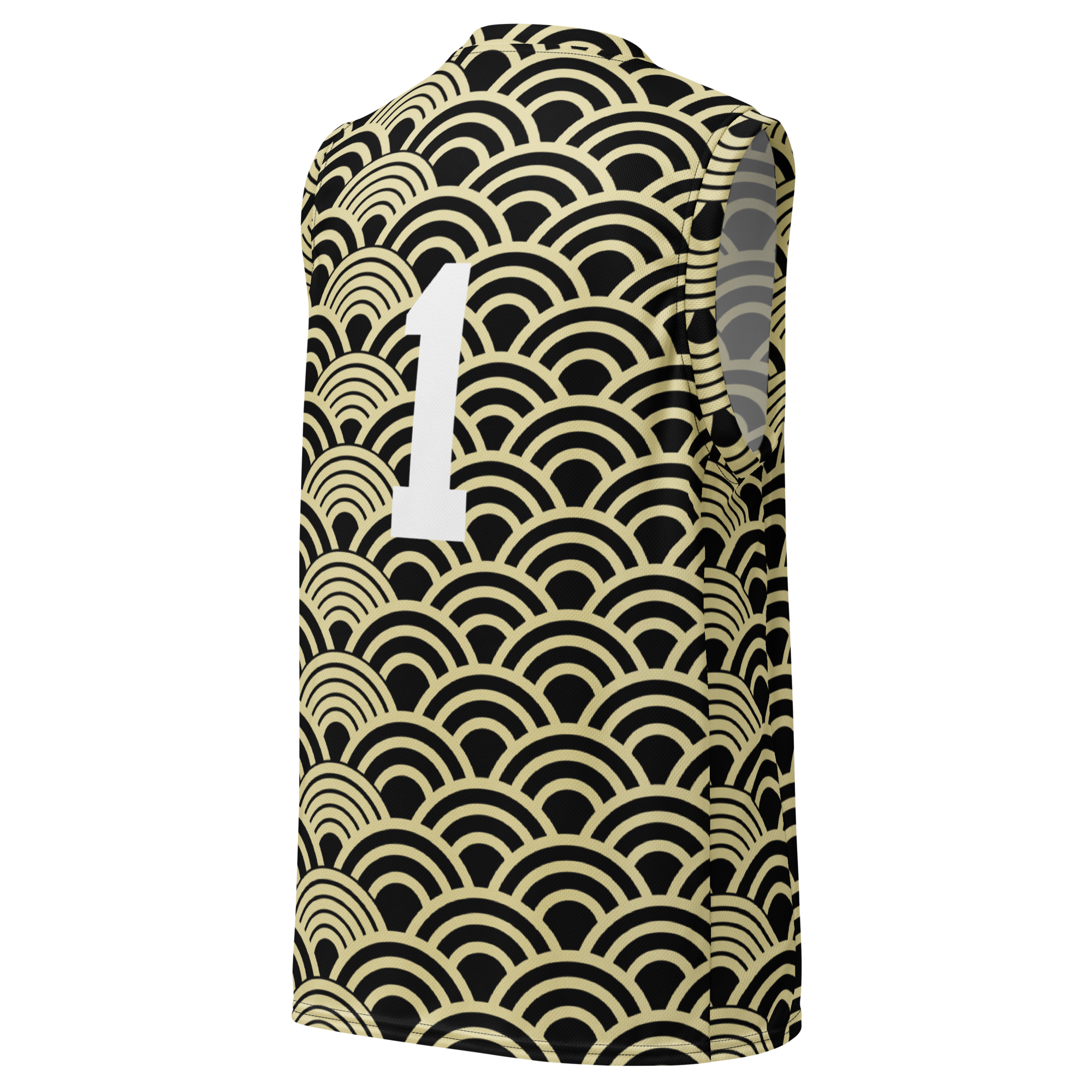
Dejar un comentario